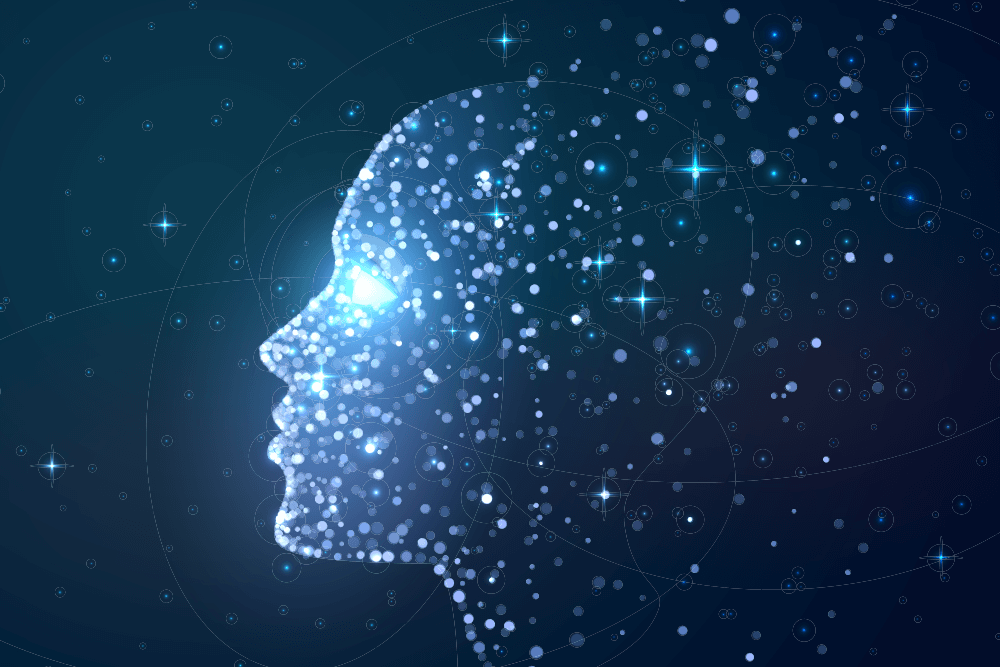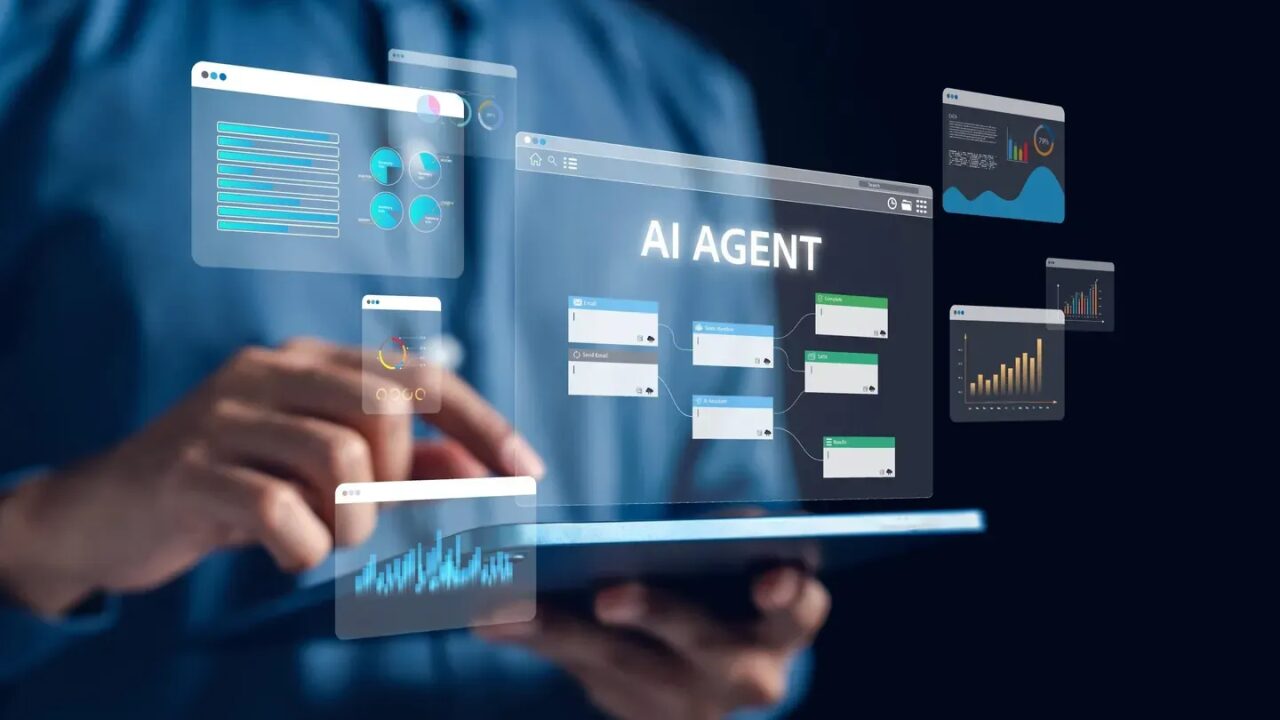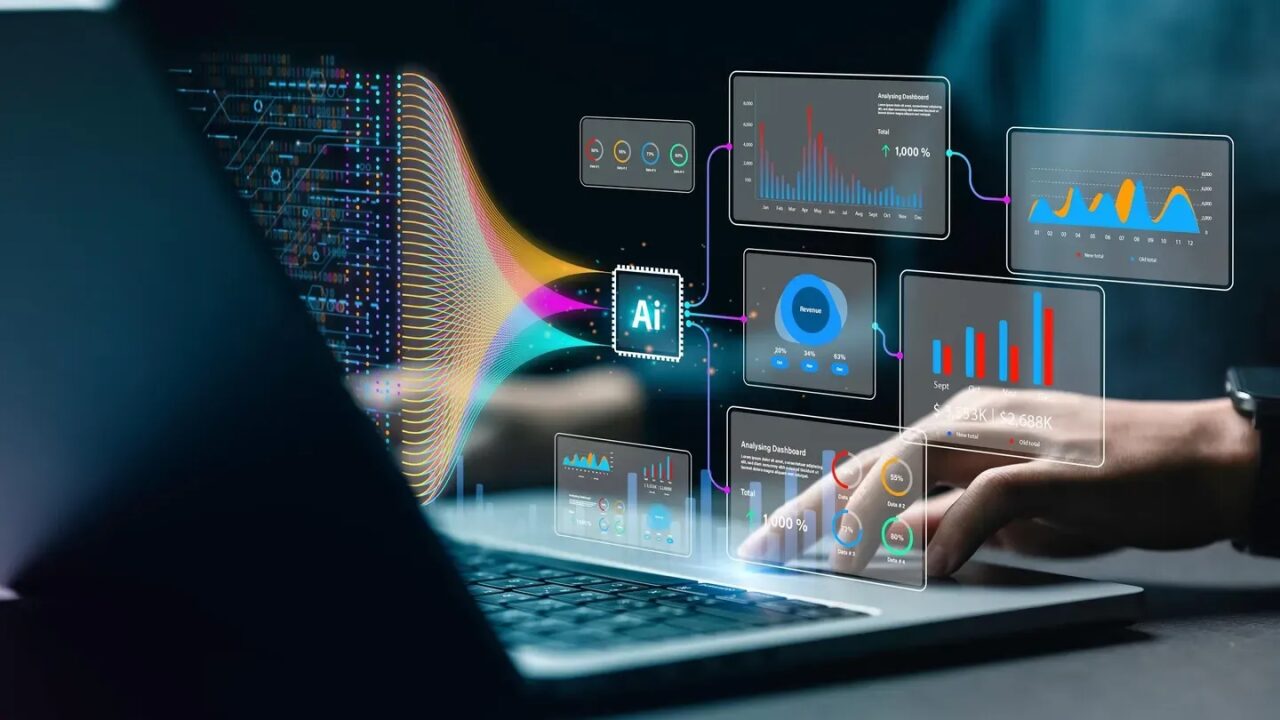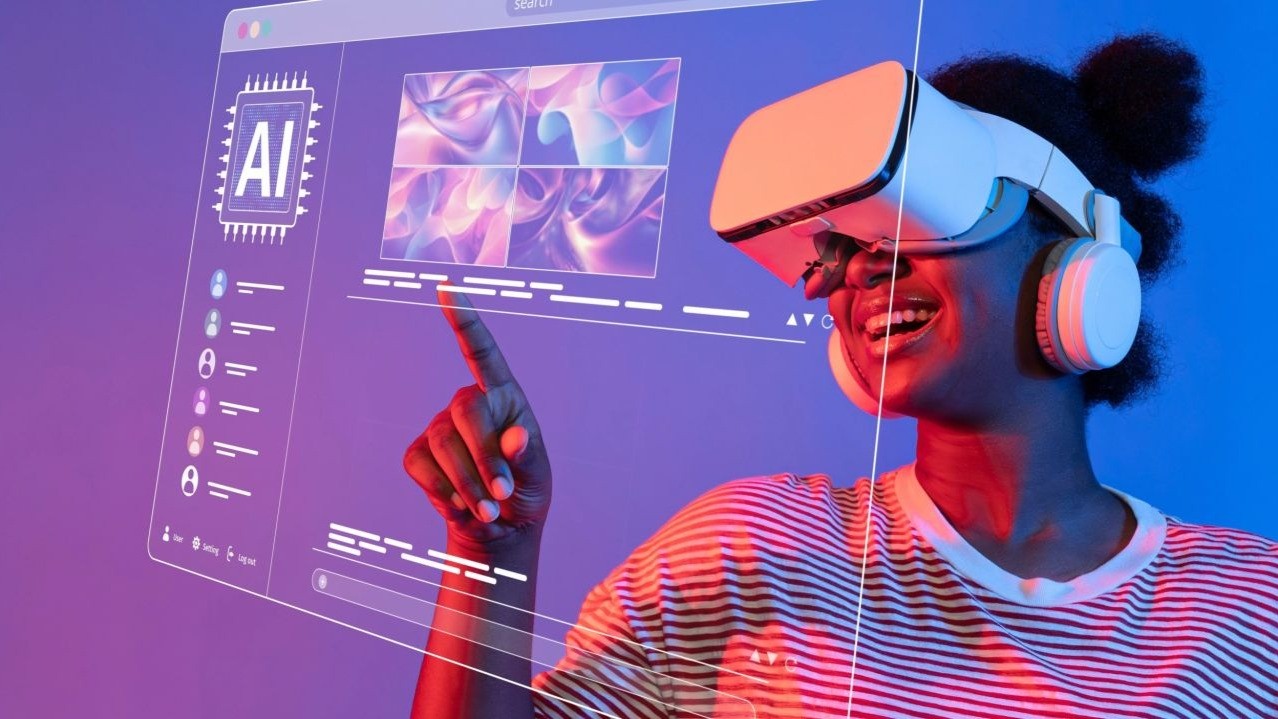Can We Have Conscious Artificial Intelligence And Other Mind-Blowing Things Science Can’t Answer
2 July 2021
What are the limits of human knowledge? Or is that something we cannot know? This is the question pondered by Professor of Public Understanding of Science at Oxford University, mathematician, broadcaster and author Marcus du Sautoy in his book, What We Cannot Know: Explorations at the Edge of Knowledge. I recently had the pleasure of speaking with Marcus about conscious artificial intelligence and other mind-blowing things that science can’t answer. Or can it?

It’s Amazing What We Know, But There’s Still a Lot Unknown
In his book, de Sautoy takes us to the edge of knowledge or more precisely to seven “edges” of human knowledge that contemplate what we do and can possibly know about things as diverse as nature, the ingredients that make up the universe, and human and AI consciousness.
When du Sautoy first took over the position of Professor of Public Understanding of Science from Richard Dawkins, a lot of people thought, “here’s the guy who knows the whole of science.” As a result, he would get asked every question under the sun and it got him thinking: “No one scientist today can know all the science we know on the books at this time, ” du Sautoy said, “but could science?”
Ultimately, he questions if science can come up with an equation that can understand it all. Or are there questions that science will never be able to answer? Will there be things that always transcend our understanding?
At one point, people believed the end of history would occur at the end of the 20th century, but that’s proved to be wrong; there’s a lot more history still going on.
Some people talk about a theory of everything. Can science come up with an equation that can somehow explain it all?
These questions inspired him to look at how powerful science could be. There are many questions we don’t know:
· We don’t know what dark matter is
· We don’t know what dark energy is
. We don’t know if there is alien life out there
He believes these are things we still will learn. In contemplating these questions, he was interested in determining if there are fundamental limitations to what science could know.
In addition to getting asked questions about science after he became Professor of Public Understanding of Science at Oxford, du Sautoy would also get questions about religion since Dawkins, his predecessor is an outspoken atheist. In our conversation, he shared a memory when he was asked, “Do you believe in God?”
As a mathematician, he’s very good about proving whether things exist or don’t exist as long as there’s a very clear definition. So, he countered the question with his own: “What do you mean by God?”
The interviewer responded with, “God is something that can’t be defined. It’s the thing that is un-understandable. This idea of transcendence.”
“So, I was always exploring from a scientific point of view, well, what are the things that will always transcend us as scientists and humans. Is there anything? That was the journey of the book, ” du Sautoy said.
What Are Some of The Things We Can’t Know?
Du Sautoy breaks it down into seven different edges of knowledge that begin with the very small such as the ingredients that make up the universe. At first, we thought this was atoms, but then scientists realised there were electrons, protons and neutrons and felt like those were the basic building blocks of life. But then, they found that electrons, protons and neutrons can be divided into smaller parts. Could we ever know if we hit the bottom or will we find out that it’s infinitely divisible?
At the other end of the spectrum is considering what is infinitely large such as the universe. Is it infinite or finite?
“This is a question that’s intrigued us ever since we’ve looked up at the night sky. ‘Is our universe genuinely infinite?’ could well be a question we’ll never be able to know, ” du Sautoy said.
What if I took a spaceship out would I hit a wall? What’s on the other side of the wall? Is there a dome we’d ultimately hit? Do we live in a simulation? One of the great scientific and philosophical questions is what is consciousness. How will we tell if the machines that we are currently making will some day become conscious? Philosophers believe this is a question science can’t answer.
Will we ever REALLY know and will there be a time when machines can develop consciousness?
Du Sautoy believes they will. “Our own consciousness is just a lot of atoms put together in an incredibly clever way. It produces a sense of itself. I don’t think there’s any mysterious ingredient we’re missing. I think it’s about the way this thing is put together, ” du Sautoy said.
Our own consciousness has evolved over millions of years of evolution. Is there a fast track way to make a machine conscious or will it have to go through an extraordinary period of evolution to develop consciousness just as humans did?
We will have to sort this problem out. Our technology is becoming more and more sophisticated. Artificial intelligence is almost creating its own sub-conscious since code is becoming more complex, and we don’t really know how it’s making its decisions and it can’t articulate why it is doing one thing or another. So, we’re already needing tools to understand this hidden world of code.
There could well be a time when this code becomes complex to the point that it has a conscious, emotional world inside. Then we might have to really reassess the role of AI in our society. There’s a lot of existential angst about progress in AI in our society.
There are still a lot of things we do not know. It’s important that people realise there are limitations to science.
“Perhaps we need to think about more positive dialogue perhaps with science and society and issues of religion, for example, and we look for ways can share the different ways we look at the world rather than polarising it, ” du Sautoy said.
Related Articles
AI Agents Lead The 8 Tech Trends Transforming Enterprise In 2026
By now, “smart” versions exist of just about every home appliance, gadget and gizmos we can think of. However, manufacturers continue[...]
The 8 Data Trends That Will Define 2026
By now, “smart” versions exist of just about every home appliance, gadget and gizmos we can think of. However, manufacturers continue[...]
7 Quantum Computing Trends That Will Shape Every Industry In 2026
By now, “smart” versions exist of just about every home appliance, gadget and gizmos we can think of. However, manufacturers continue[...]
The Next Giant Leap For AI Is Called World Models
By now, “smart” versions exist of just about every home appliance, gadget and gizmos we can think of. However, manufacturers continue[...]
7 Revolutionary Space Tech Trends That Will Transform Life On Earth In 2026
By now, “smart” versions exist of just about every home appliance, gadget and gizmos we can think of. However, manufacturers continue[...]
4 Tech Trends That Will Shape 2026 And The Breakthroughs Powering Them
By now, “smart” versions exist of just about every home appliance, gadget and gizmos we can think of. However, manufacturers continue[...]
Sign up to Stay in Touch!
Bernard Marr is a world-renowned futurist, influencer and thought leader in the fields of business and technology, with a passion for using technology for the good of humanity.
He is a best-selling author of over 20 books, writes a regular column for Forbes and advises and coaches many of the world’s best-known organisations.
He has a combined following of 4 million people across his social media channels and newsletters and was ranked by LinkedIn as one of the top 5 business influencers in the world.
Bernard’s latest book is ‘Generative AI in Practice’.










Social Media